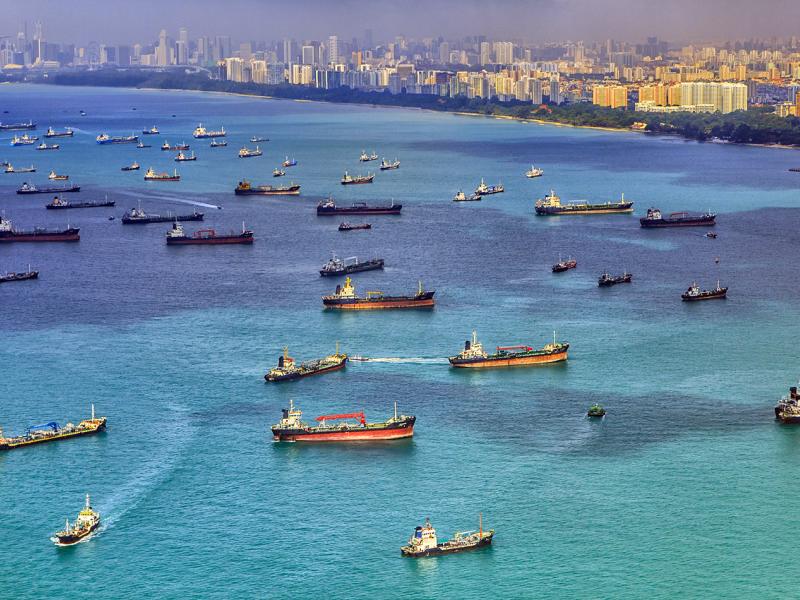The life of a seafarer: the “invisible” workforce that keeps world trade moving.
Ninety per cent of the world’s goods are transported by sea. On any given day, there are more than 1.6 million seafarers working onboard 70,000 vessels worldwide. These men and women are transporting cargo and goods essential to businesses and people’s everyday lives that will sustain communities through the coronavirus pandemic.
Ships transport goods to the east, to the west, to the north and to the south – everything from food and household goods to raw material like oil, iron and ore, through to industrial goods like hospital equipment and ventilators.
For a few minutes, we want you to consider the life and welfare of the workers, the seafarers onboard these vessels, who are far from home but on the front line of this global emergency.
Imagine staying onboard a ship with limited space for six, eight or 10 months, working 10-12 hours per day, seven days a week. Imagine being away from your family and friends for months at a time, sailing across the seas, connecting global supply chains, out of sight to ensure that people receive their daily essential goods.
Now imagine having to stay onboard for an unspecified amount of time after 10 months’ work, because governments are banning you from transiting through their country to get home or allowing your relief access to join the ship. Or worse, imagine being abandoned in a port with no money and being sent home to your family because your employer is withholding your earnings.”
It’s not easy to imagine, unless you’re a seafarer.
In the midst of the Covid-19 crisis, every day the ITF is dealing with cases and situations where seafarers cannot move freely to safely sign on and off from ships due to the increasing number of restrictions being placed by national governments on the movement or people in and out of their countries.
The irony of the situation is that governments that are dependent on the transportation of essential goods by sea that will aid their citizens ability to get through this unprecedented crisis, are some of the same governments that are denying seafarers the right to go home and are restricting crew changeovers.
The ITF are calling on the vital role of seafarers in this extraordinary crisis to be recognised, and that they be treated as ‘key workers’, regardless of their nationality.
The ITF, and our maritime affiliates, urge governments, politicians, port and flag state authorities, employers and consumers in general to remember that our capacity to respond to this pandemic is reliant on the transportation of goods by the world’s seafarers.
These seafarers are humans too, their health and safety are as important as anyone else’s. So please take a moment to acknowledge their sacrifice, and let’s all ensure they are treated with the respect and dignity they deserve so that they can continue to provide their vital services to keep the world moving.




